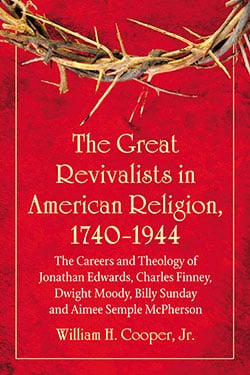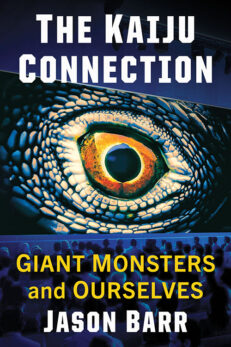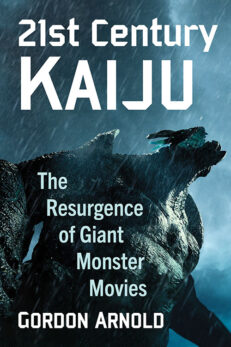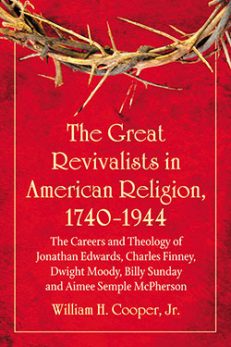The Great Revivalists in American Religion, 1740–1944
The Careers and Theology of Jonathan Edwards, Charles Finney, Dwight Moody, Billy Sunday and Aimee Semple McPherson
$55.00
In stock
About the Book
This book presents a historical and theological understanding of how and why Christian revivalism came to be what it is, mainly a series of ineffective meetings. The work shows how revivalism moved from the Edwardian emphasis on the amazing works of God, as the Puritans would have put it, to the “new methods” of Charles Finney and revival as the reasonable works of man as befits Jacksonian democracy. Later, D.L. Moody concentrated on methodology to such a degree that revivals became big business and the focus of the Gilded Age. With Billy Sunday, revivalism has lost all content and has become nothing more than entertainment.
About the Author(s)
Bibliographic Details
William H. Cooper, Jr.
Format: softcover (6 x 9)
Pages: 192
Bibliographic Info: notes, bibliography, index
Copyright Date: 2010
pISBN: 978-0-7864-6055-7
eISBN: 978-0-7864-6206-3
Imprint: McFarland
Table of Contents
Preface 1
Introduction 5
I. Jonathan Edwards: Revival as the Amazing Work of God 11
II. Charles Finney: Revival as the Reasonable Acts of Men 54
III. Dwight L. Moody: Revival as Big Business 104
IV. Billy Sunday: Revival as Entertainment 128
V. Aimee Semple McPherson: Revival as Spectacle 144
Conclusion 164
Chapter Notes 175
Bibliography 179
Index 183





